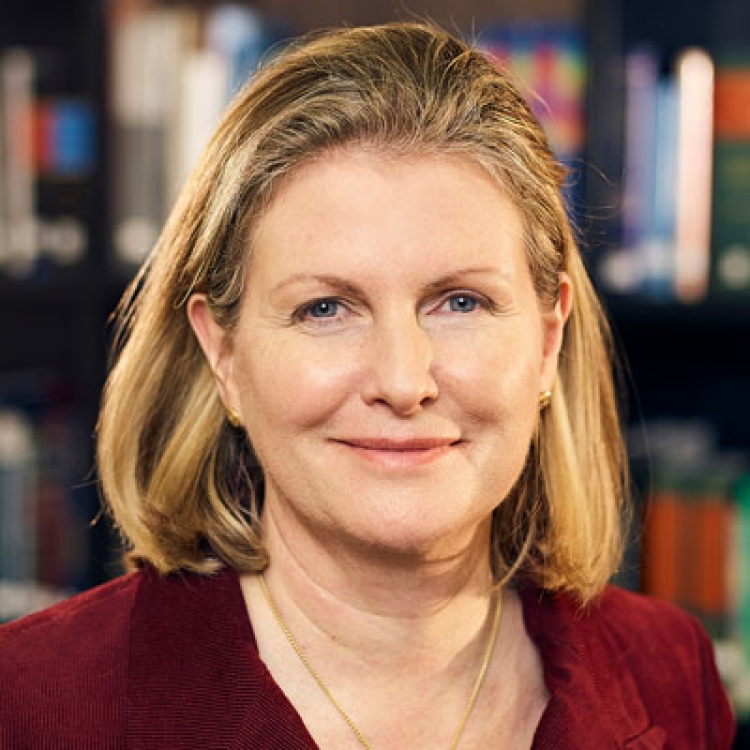"Women are exposed to different risks than men"

CII launches manifesto for its Insuring Women's Futures campaign and calls on insurance and risk community for support. By Sian Fischer CEO of the Chartered Insurance Institute.
Women represent just over half of the UK population and yet their use of insurance and financial protection is limited compared to their male counterparts. Women are exposed to an array of risks distinct from men, including different health risks, increased life expectancy and in their role as carers and working parents - essentially, we need to reinvent insurance and personal finance for women.
In 2016 we launched Insuring Women's Futures to lead the insurance and personal finance profession in refining its approach to women and risk. It has three specific areas of focus:
• Women's risks in life - Understanding the personal and professional risks women face and their experience of using insurance and personal finance products and services; to enable improvements in the way the profession supports women.
• Women as Risk - Risk solutions for women: identifying new and improved insurance and personal finance solutions for women's risks, including their needs and preferences as personal and professional buyers of insurance and other financial products and services.
• Women in Risk - Careers in risk for women: improving the profile of women in the profession, increasing the number of women at senior levels and making the profession more attractive to new female talent.
During the three years since our campaign launch, Jane Portas, co-founder of the Insuring Women's Futures initiative, has conducted extensive data-led research on behalf of the programme and identified 12 'Perils and Pitfalls' that impact women's financial resilience through life, such as female financial capability; the motherhood and caring penalty and the flexible working sacrifice. Jane has also identified six 'Moments that Matter' for women where interventions can make a significant difference, such as entering and re-entering the workplace, relationships in terms of meeting up and breaking up, later life planning and entering retirement.
Last month, the Insuring Women's Futures programme launched its Manifesto Proposals, which, based on the findings of the research, proposes steps to address some of the root causes of the 12 'Perils and Pitfalls' that impact women and seeks to improve how the profession serves women in their 'Moments that Matter'.
It is encouraging firms to sign up to the "Inclusive Customer Financial Lives" pledge and take an inclusive "whole customer" approach to their customers. As well as a "Financial Flexible Working" Pledge to help employees (men or women) not just to work flexibly, but to consider the financial implications of a change in their working arrangements and is providing good practice guidance for firms to support the pledges.
Alongside the manifesto, Insuring Women's Futures has launched the "Talk 2 10k" initiative, asking all our Insuring Women's Futures ambassadors to speak to ten women and girls about their financial wellbeing during National Talk Money, Talk Pensions week (18th-22nd November). We have prepared a number of easy to use materials to support these conversations, available on our website: www.insuringwomensfutures.co.uk
We live in a time when women are succeeding in the workplace and the gender pay gap is hopefully closing but women still face significant risks in life, which impact their financial resilience. This is not a gender issue, it is a risk for society. Insurance and personal finance professionals have a central role in supporting people to manage their financial risks in life and I believe that together we can do this.
